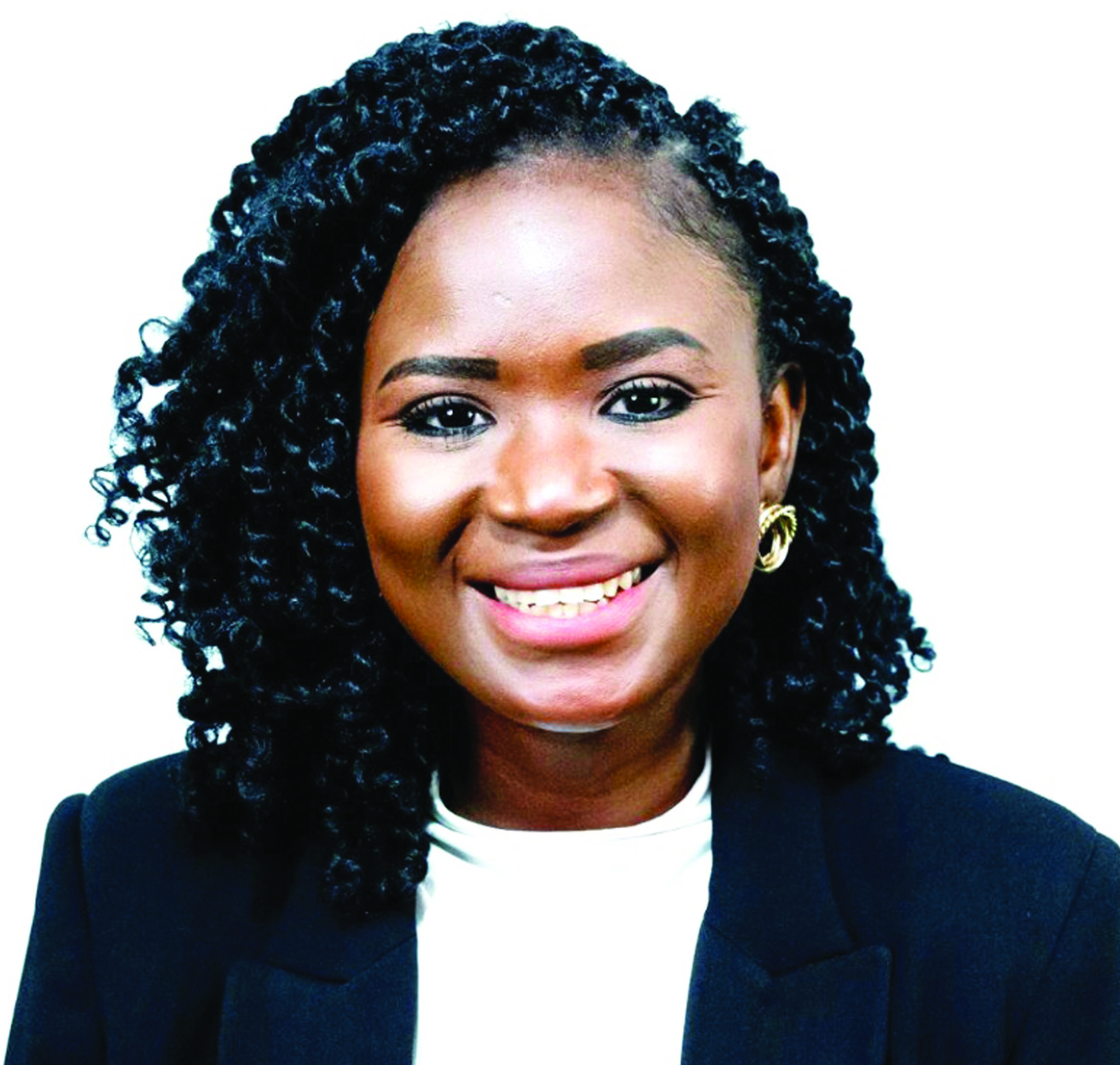SPURRED by President Julius Maada Bio’s ambitious National Medium-Term Development Plan 2024–2030, which he dubbed “A Transformative Acceleration Agenda for Food Security, Human Capital Development, and Job Creation,” key sectors essential to making the dream a reality have begun putting the necessary systems in place.
The importance of information and communication technologies (ICT) in bringing this ideal to life cannot be overstated, especially with human capital development and skill acquisition—especially for the youth—on the forefront.
Minister of Communications, Technology, and Innovation, Salima Bah, says Sierra Leone has set its sight on becoming the Estonia of Africa, supplying tech talent to the continent and aiming to lead in tech exports.
“This isn’t the first time Sierra Leone has played a global leading role in capacity development. Sierra Leone used to be known as the Athens of Africa,” she said, alluding to the time during the colonial era when Sierra Leone served as the epicenter of learning, thanks to the premier university in the nation, Fourah Bay College.
Salima Bah believes that the country’s size is advantageous to its tech goal. “Because we are small,” she says, “we can act faster and adjust to changing times and have an easier ecosystem to deal with, which puts us in a better position”.
In 2018, President Bio established the Directorate of Science, Technology, and Innovation (DSTI), appointed a Chief Innovation Officer, and created the Ministry of Communication, Technology, and Innovation, and named Bah its first minister in July 2023.
The President, confident in the nation’s potential, emphasized the administration’s objective to eliminate obstacles, promote innovation, and foster prosperity without interference.
Sierra Leone’s tech ambitions are huge, and the Ministry of Communications, Technology, and Innovation has been preparing for support of the country’s nascent startup ecosystem over the past six months. The West African country is set to host a National Tech and Innovation Summit in May 2024 to showcase its ecosystem, attract tech investments, and establish secure partnerships.
Sierra Leone plans to establish a tech and innovation city, a special economic zone, to train young people in various tech skills to meet the government’s goal of 500,000 job creations by 2028. The Ministry of Communication, Technology, and Innovation has acquired 130 acres of land for the project, which will also feature accelerator hubs.
“We consider digital skills an exportable commodity. We will focus on the skills we can export and provide infrastructure,” Bah says.
The National Medium-Term Development Plan 2024-2030 aims to create an inclusive, green, and middle-income society in Sierra Leone by 2039.
President Maada Bio aims to create at least half a million new jobs for both skilled and unskilled youth by 2030. “We also aim to foster a cashless economy marked by increased financial inclusion, vibrant e-government, and a public administration system that thrives on efficiency and innovation,” he says.
Sierra Leone’s bold tech venture, a combination of political will and government investment is a promising start for Africa, attracting global attention.
The country is focusing on collaboration rather than competition to catch up with the continent’s major players. The tech summit will host an African ministerial roundtable to discuss open-source software and strategies for collective AI benefit across the continent.
“We are willing to learn how others have done it. We aren’t inventing the wheel; we are learning from others. It doesn’t mean we are just going to copy and paste everything; we are going to adapt and adjust,” says Bah.


